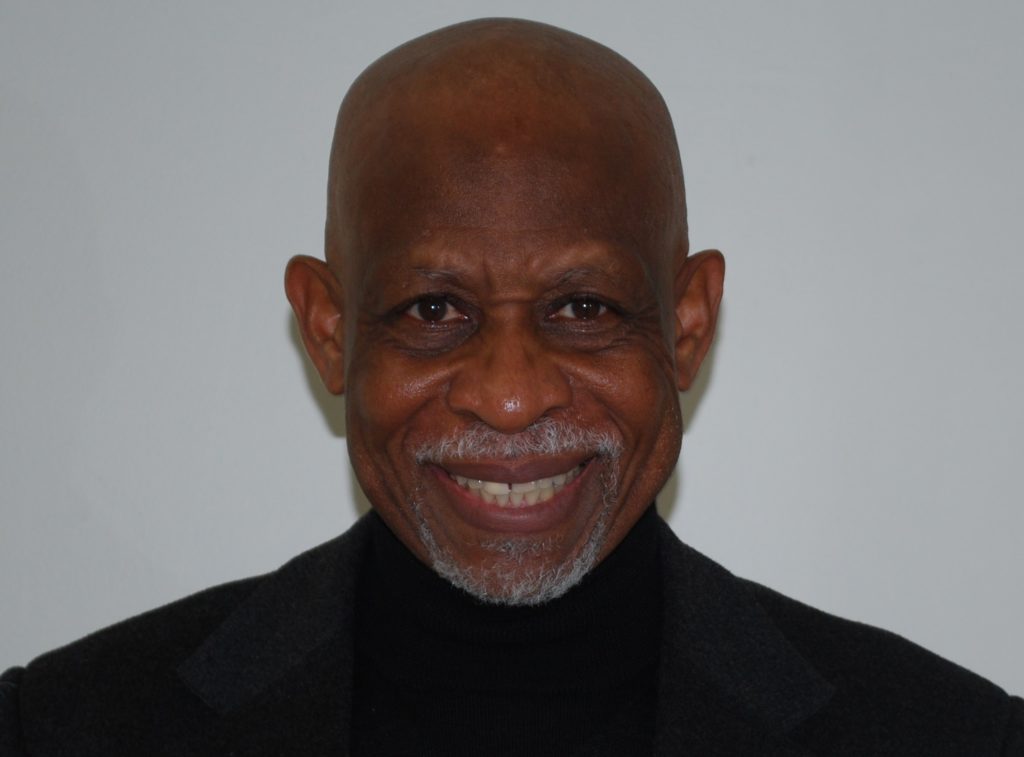FROM THE PASTOR’S HEART

OP / ED BY DR. ROBERT KENNEDY
I do not remember when my parents did it to me, but I recall doing it to our three sons. When they were taking their first steps, I held my hands and told them to step. At times, I stood at a distance and stimulated them to walk towards me. Yes, I can still recall how they fixed their eyes on me and tried to lift one foot after another.
After a while, they did not need me to hold them or stand there; they were walking confidently, running, climbing on chairs to reach what they wanted and getting into mischief. I remember, too, that there were times when they wanted to walk and run in danger zones, and I would tell them not to with emphasis. My Yeses and Nos were lessons in encouragement.
What I am talking about in the comments above is encouragement, the words and actions that we use to inspire, stimulate, persuade, and motivate ourselves and others in the development of learning any habit, ritual, attitude, art, skill, knowledge, relationship, confidence, that we wish to support or discourage. Yes, encouragement is one of the most essential ingredients of life.
We all need it, especially when we are filled with questioning and doubt, such as the circumstances that I named in the opening paragraph, with the encouragement of our children in taking their first steps. Holding out my hands and standing there, with my eyes focused on them, and sometimes saying, “Come to me,” I encouraged them. And when I tried to caution them away from danger, I also encouraged them.
The opposite of encouragement is criticism. That is a penchant that some persons have to disparage, disapprove, denigrate, denounce, criticize and condemn everything said and done by themself or others. Just imagine how a child must feel as a parent spends all their time depreciating everything they do, every attempt they make to excel. Just imagine how a student feels if a teacher tells them that they do not see any future for them. Just imagine how it is for a spouse who can only hear that everything they do is deplorable. Imagine a worker whose boss decries them. Think of a person in any game being maligned by their coach. Just think of a patient in the hospital, hearing doctors and medical attendants simply standing by their beds and speaking of their death. It must be demotivating.
I read a quote this morning in my devotional that relates to spousal relationships but is appropriate for many situations. The quote goes like this:
Though difficulties, perplexities, and discouragements may arise, let neither husband nor wife harbor the thought that their union is a mistake or a disappointment. Determine to be all that it is possible to be to each other. Continue the early attention. In every way, encourage each other in fighting the battles of life. Study to advance the happiness of each other. Let there be mutual love, mutual forbearance. Then marriage, instead of being the end of love, will be, as it were, the very beginning of love. The warmth of true friendship, the love that binds heart to heart, is a foretaste of the joys of heaven. (Ellen White, Adventist Home, p. 106.)
Although the quote above speaks to how to be effective in marriage relationships, it has relevance to the effectiveness of encouragement in all aspects of life.
Encouragement was one of Jesus’s most excellent tools to heal people. To one man crippled for 38 years sitting by the pool of Bethesda, Jesus said, “Rise, take up your bed and walk.” (John 5:8-9)
The man did as Jesus said and walked away to tell the story that he was healed. To a man who cried out, “Lord, I want to see.” Jesus mixed clay with some spit, put it on the man’s eyes and said, “Go and wash in the pool of Siloam.”
The man went and washed and received his sight (John 9:7-11). Jesus told a paralytic to “Take courage, son; your sins are forgiven” (Matt 9:2). And to a woman whom He healed of a hemorrhage, He said, “Daughter, take courage; your faith has made you well” (Matt 9:22).
In effect, the ministry of Jesus was one of encouragement. He used it most effectively to help people develop their faith and to inspire their hearts.
This simple reflection encourages us to do what the apostle Paul suggests, “Encourage one another” (1 Thessalonians 5:11). This is profoundly valuable in building up one another.

